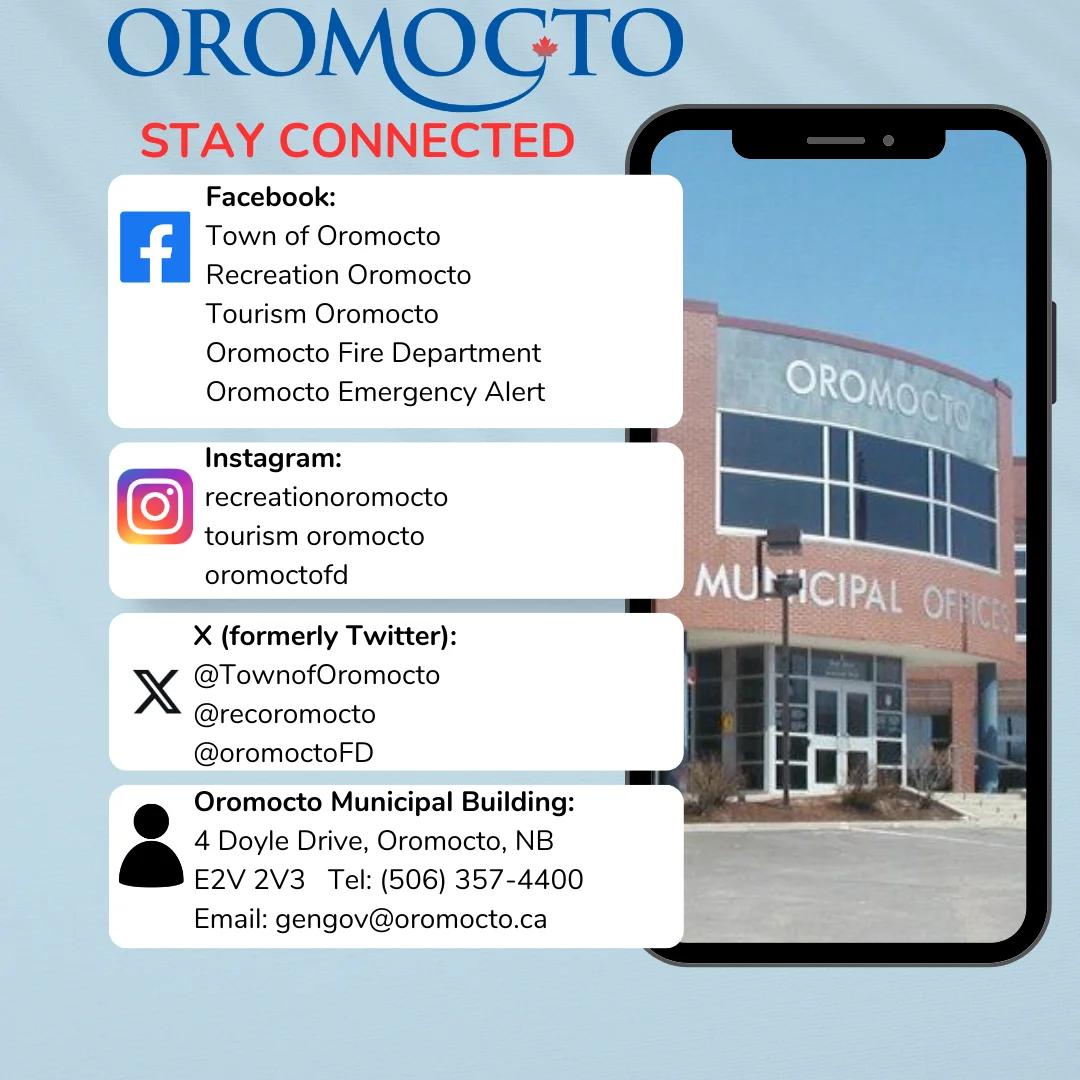In the event you have to GET OUT, here are a few items to pack in your GO Kit:
- Flashlight and Batteries
- Radio and Batteries or Crank Radio
- Spare batteries
- First Aid Kit
- Candles and Matches/Lighter
- Extra Car Keys and Cash (including coins/cards for telephone)
- Identification for Everyone, Personal Documents
- Food and Bottled Water
- Clothing and Footwear
- Blankets or Sleeping Bags
- Sanitary items and other Personal Supplies
- Medication/Prescriptions
- Whistle
- Playing Cards
- Backpack/Duffel Bag (to carry it all in)
A GO Kit should be packed in a sturdy, easy-to-carry container such as a backpack or suitcase on wheels. A GO Kit should be easily accessible if you have to leave your home in a hurry. Make sure it is ready to go at all times of the year. It's quick and easy to buy an emergency kit. The Canadian Red Cross has a kit available to buy on their website. Design your kit to your needs, everyone's will be slightly different.
People with Disabilities and Special Needs
If you have special needs, require personal attendant care or use life-sustaining equipment:
- Arrange in advance for someone to check on you in the event of an emergency and develop a plan with your healthcare provider
- Wear a MedicAlert bracelet or carry an identification card
- Carry a personal alarm that emits a loud noise to draw attention to you
- If you rely on any life-sustaining equipment/apparatus, develop an emergency back-up plan that will ensure the equipment/apparatus is operable in the event of a power outage
- Label your equipment and attach instructions on how to use and transport it
- Connect with your health care service provider if you have one
- If you live in a high-rise building and require an emergency evacuation chair, request that one be installed on the floor you live on, preferably close to the stairwell (if applicable)
- Ensure that your neighbours, property managers and community associations are aware of your issues so that they can check on you in the event of an emergency
Your emergency kit should also include:
- Prescription drugs, medical supplies and special equipment
- Information about your special needs or disability
- Foods that meet your dietary needs
- A detailed list of all prescriptions and medications
Assisting People with Disabilities or Special Needs
- Always ask if a person wants or needs your help. Do not touch the person, their service animal or their assistive devices without their permission
- Ask if they are injured or have any loss of movement and/or sensation
- Call 911 for emergency medical assistance when needed
- Do not try to lift, support or assist in moving a person unless you know how to do it safely. Get help from a trained person
- Follow instructions posted on special needs equipment and assistive devices




